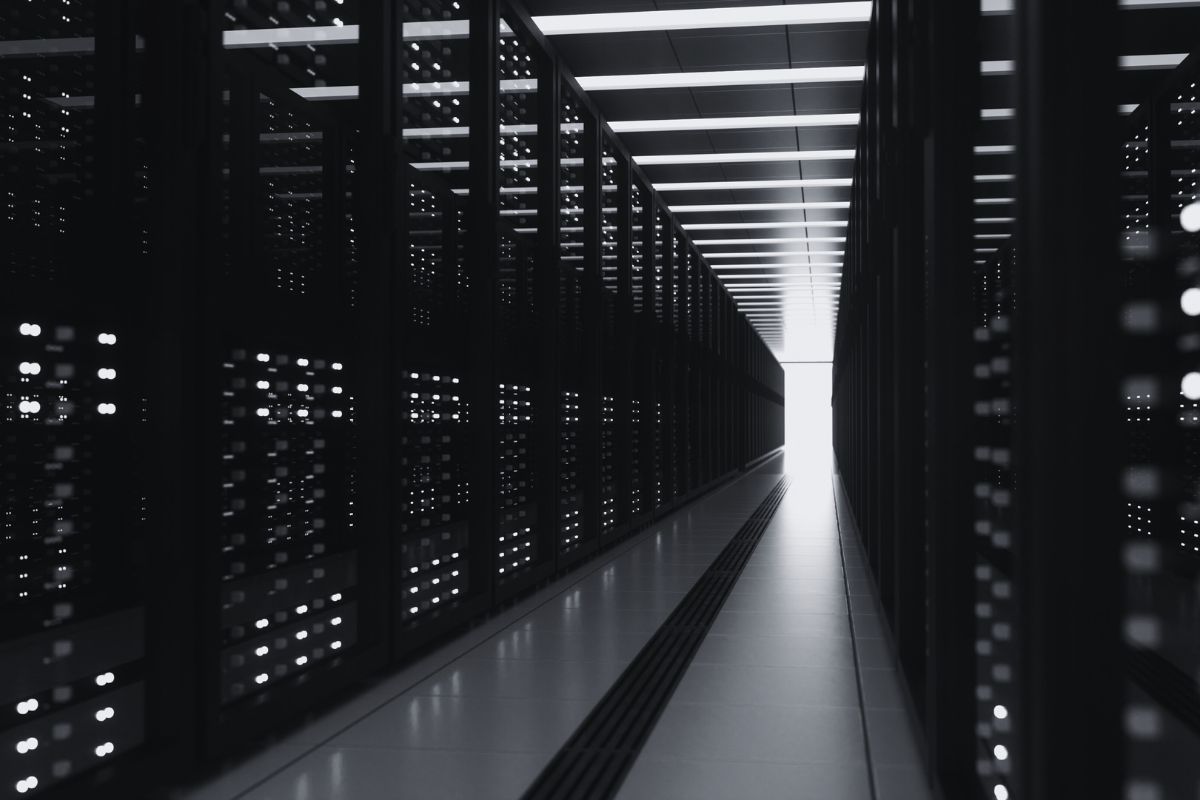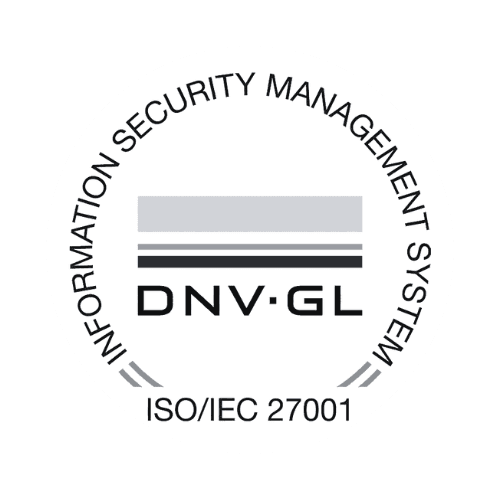Nichts verpassen & anmelden:
Written by AI
SaaS Security: How Companies Can Protect Their Data in the Cloud
The security of Software as a Service (SaaS) is a central issue for companies that store their data in the cloud. In an era where companies increasingly rely on cloud-based solutions, it is critical that they take the right measures to protect their sensitive data from threats. In this article, we will explain the understanding of SaaS security, analyze the risks and challenges, discuss the fundamentals of an effective SaaS security strategy, present best practices for SaaS security, and take a look at the future of SaaS security.
Understanding SaaS Security
SaaS security deals with the protection of data and information stored in a cloud-based SaaS environment. Companies are increasingly relying on SaaS applications to support their business processes. Therefore, it is important to understand the fundamentals of SaaS security to take the right steps to protect the data.
Definition and Importance of SaaS Security
SaaS security refers to the security measures taken to ensure the integrity, confidentiality, and availability of data in a cloud-based SaaS model. The importance of SaaS security lies in the fact that companies must ensure that their data is protected from unauthorized access, data loss, or data theft, especially when sensitive information like customer accounts, payment data, or trade secrets is stored in the cloud.
Why is SaaS Security Important?
The security of SaaS is important because it can have direct impacts on business continuity and a company’s reputation. The loss or compromise of sensitive data can lead to legal issues, financial losses, and a loss of trust among customers and partners. Companies must ensure that their data in the cloud is secure to take advantage of SaaS without underestimating the risks.
Implementing SaaS security measures requires a holistic strategy that encompasses both technological solutions and training for employees. It is important for companies to conduct regular security audits to identify and address potential vulnerabilities. Additionally, companies should ensure that their SaaS providers adhere to strict security standards and have appropriate security certifications.
An important aspect of SaaS security is disaster recovery and data backup. Companies should ensure that they have robust disaster recovery plans in place to quickly become operational again in the event of data loss or service disruption. Regular backups can help ensure that their data is protected even in unforeseen events and business continuity is maintained.
Risks and Challenges of SaaS Security
Despite the benefits of SaaS, there are also various risks and challenges that companies must consider when securing their data in the cloud. These risks can range from threats from external attackers to internal errors and vulnerabilities in the software.
Common Security Risks in the SaaS Environment
There are several common security risks in the SaaS environment that companies should be aware of. These include:
Inadequate access controls: If inadequate access controls are in place, unauthorized individuals may gain access to sensitive data.
Data leaks and violations of data protection regulations: Insecure configurations or human errors can lead to data leaks and violations of data protection regulations.
Lack of transparency and control: Companies may not have comprehensive transparency and control over their data in the cloud.
Vendor lock-in: Dependency on a single vendor increases the risk of operational disruptions and data losses.
Challenges in Ensuring SaaS Security
Ensuring SaaS security presents companies with several challenges. These include:
Complexity of cloud-based infrastructure: The complex nature of cloud-based infrastructure can make it difficult to implement a comprehensive security strategy.
Dynamic nature of SaaS environments: SaaS environments can change rapidly, requiring continuous adjustments to security measures.
Lack of skilled security resources: Companies may struggle to provide qualified personnel for monitoring and addressing security incidents.
It is important for companies to consider these risks and challenges when using SaaS services and to take appropriate steps to protect their data. A comprehensive security strategy involving regular reviews and updates is critical to ensuring security in the SaaS environment.
Additionally, companies should ensure that they implement access controls to prevent unauthorized access to their data. By regularly training employees and raising awareness about the importance of data security, human errors and insecure configurations can be minimized.
Fundamentals of a SaaS Security Strategy
To ensure the security of SaaS, it is essential to develop a solid SaaS security strategy. An effective SaaS security strategy includes various key elements and the right selection of SaaS security solutions.
Key Elements of an Effective SaaS Security Strategy
An effective SaaS security strategy should include the following key elements:
Identification and classification of sensitive data: Companies should identify and classify their data to implement appropriate security measures.
Strong access controls: Robust access control is crucial to prevent unauthorized access to data.
Regular security reviews: Companies should conduct regular security reviews to identify and address vulnerabilities.
Implementation of encryption technologies: Data should be encrypted during transmission and at rest to ensure confidentiality.
Selecting the Right SaaS Security Solutions
Choosing the right SaaS security solutions is another important aspect of the SaaS security strategy. Companies should analyze their requirements and select solutions that meet their specific needs. This may include the implementation of firewalls, intrusion detection systems (IDS), and data loss prevention (DLP) solutions.
When selecting SaaS security solutions, it is important to consider the individual requirements of the company. For example, a company that handles sensitive customer data should implement a solution that provides strong encryption and secure data transmission. On the other hand, a company that primarily stores internal data may place more emphasis on strong access controls and regular security reviews.
It is also advisable to research the reputation and experience of providers of SaaS security solutions. Companies should look for providers with a proven track record in delivering reliable and effective security solutions. A thorough evaluation of the various options and consideration of customer reviews and recommendations can help make the right choice.
Best Practices for SaaS Security
To further enhance the security of SaaS, there are some best practices that companies can implement.
Guidelines to Improve SaaS Security
To improve SaaS security, companies can follow these guidelines:
Employee training: Employees should be made aware of the importance of security and trained in security best practices.
Regular security audits: Companies should conduct regular security audits to identify and address potential vulnerabilities.
Multi-factor authentication: Implementing multi-factor authentication increases security when accessing SaaS applications.
Regular data backups: Companies should conduct regular data backups to be able to restore in the event of data loss.
Maintaining and Updating Your SaaS Security Measures
It is important for companies to regularly maintain and update their SaaS security measures. This includes installing security updates and patches, monitoring security threats, and updating security settings to remain state-of-the-art.
Another important aspect of SaaS security is managing access to sensitive data. Companies should strictly manage access rights and only grant authorized users access to confidential information. This can be achieved through implementing role and permission management tools that ensure each user can only access the data necessary for their tasks.
The Importance of Encryption for SaaS Security
Encryption plays a crucial role in securing data in SaaS applications. Companies should ensure that all transmitted and stored data is encrypted to protect it from unauthorized access. Utilizing strong encryption algorithms and regularly reviewing encryption keys is critical to ensuring the integrity and confidentiality of the data.
The Future of SaaS Security
In the future, SaaS security will evolve to address new threats and challenges.
Expected Trends in SaaS Security
Some expected trends in SaaS security are:
Increased awareness of data privacy and compliance: Companies will increasingly focus on data privacy and compliance to meet the requirements of data protection laws.
Stronger integration of AI and machine learning: Artificial intelligence and machine learning will be used to detect anomalies and take proactive security measures.
Enhanced security tools and solutions: More advanced security tools and solutions will continue to be developed to address rising threats.
SaaS security is an extremely dynamic field that constantly evolves to meet changing requirements.
Another expected trend in SaaS security is increased collaboration between companies and security providers. By working closely together, companies can benefit from the latest insights and best practices, continually improving their security strategies.
Preparing Your Company for Future SaaS Security Threats
To prepare for future SaaS security threats, companies should conduct regular security assessments, stay updated on the threat landscape, and invest in the right security tools and solutions. It is crucial for companies to continuously review and adjust their security strategy to keep pace with evolving threats.
The security of SaaS is an ongoing process that requires constant attention. Companies should recognize the importance of SaaS security and take necessary steps to protect their data. By understanding the risks and challenges, choosing the right SaaS security solutions, and implementing best practices, companies can securely store their data in the cloud while taking advantage of SaaS.
It is also important to note that SaaS security does not only depend on the companies themselves but also on the security measures of the SaaS providers. Therefore, companies should carefully evaluate the security precautions that a SaaS provider has in place and how it handles security incidents when selecting a provider.
The future of SaaS security promises continuous evolution and improvement to address rising threats. Companies should keep themselves continuously informed about the latest developments and adjust their security strategies accordingly to effectively protect their data and systems.








